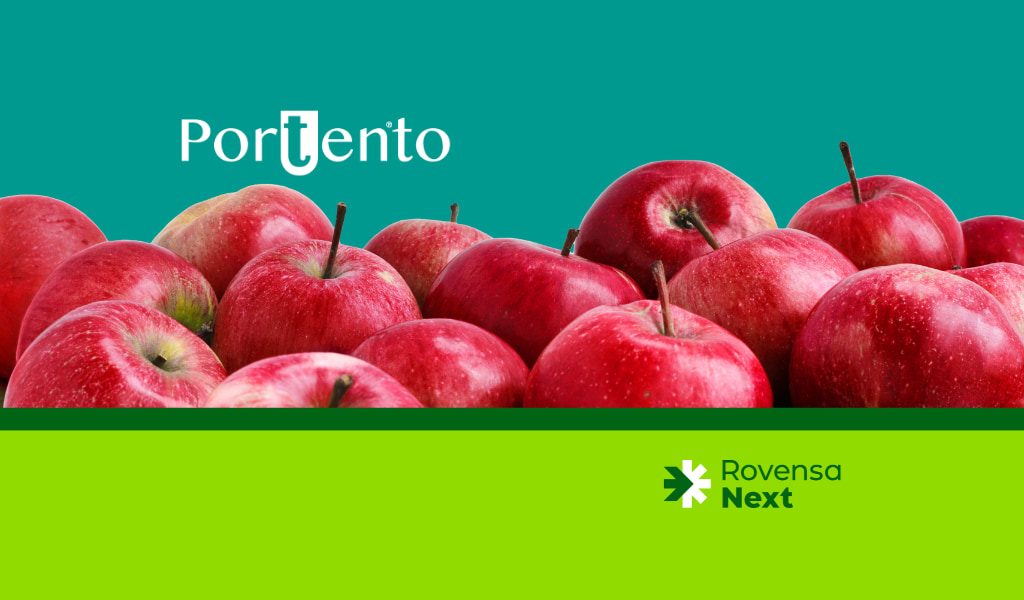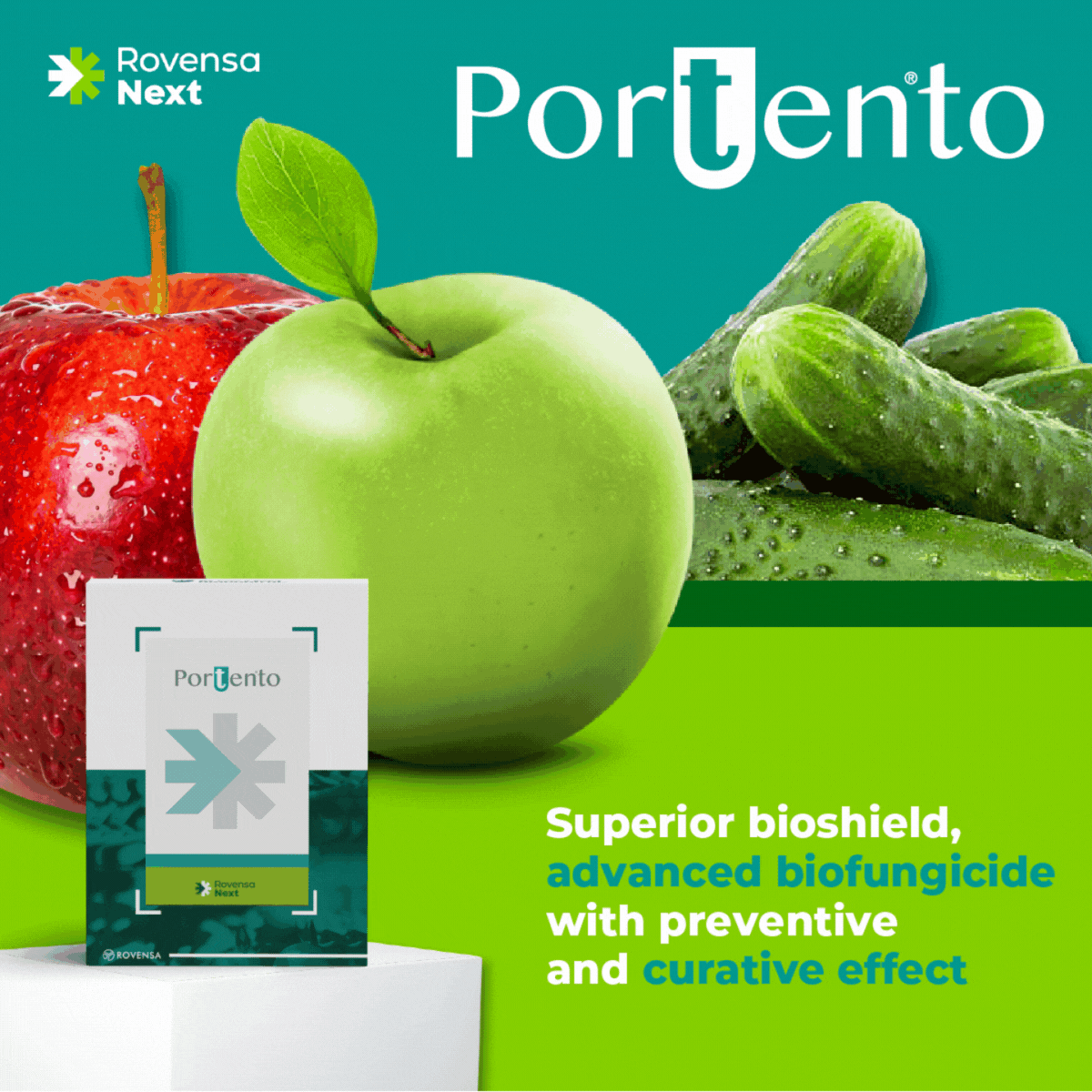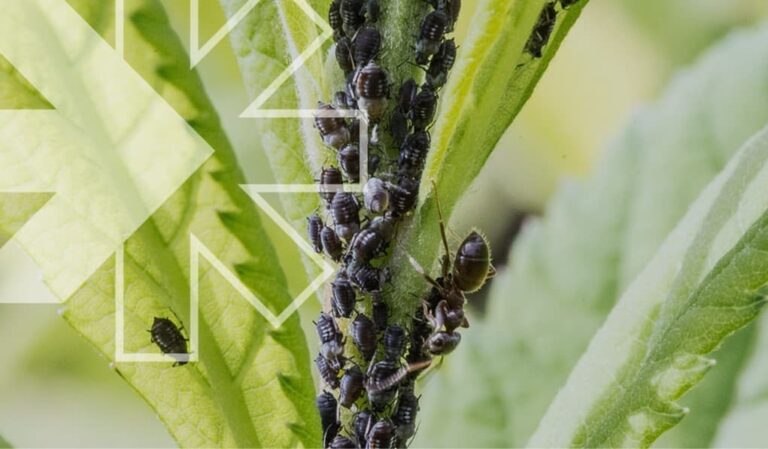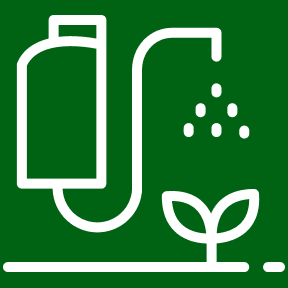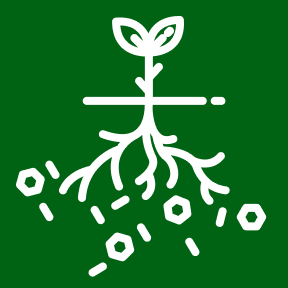Fungal diseases in agriculture
Fungal diseases cause major losses in agriculture all over the world. There is an imperative need to control these diseases to meet food quantity and quality demands for the world population.1 Growers today still rely heavily on chemical pesticides to treat fungal disease. However, despite the high efficacy obtained with this type of products, mass use of these pesticides can lead to environmental contamination, chemical residue in foodstuffs, and resistance issues.
Thus, biological control of fungal disease through the use of antagonistic microorganisms is emerging as a promising alternative to help reduce excessive use of chemical pesticides.2 These biopesticides have many advantages in terms of sustainability, mechanisms of action and toxicity compared to their chemical counterparts, and their use in both organic strategies and integrated pest management (IPM) programmes is proving to be very successful.3 Portento® is a biofungicide based on the innovative bacterial strain Bacillus subtilis IAB/BS03 which is highly effective in combating a broad spectrum of diseases.
B. subtilis IAB/BS03 is a patented bacterial strain designed for use as a biological control agent to combat a broad spectrum of diseases.4 The strain is the product of extensive research in which B. subtilis IAB/BS03 was isolated from agricultural soil and selected based on its phenotypic characteristics and its outstanding attributes as a biocontrol agent. In fact, it is these attributes that set it apart from other Bacillus strains on the market, making Portento® a unique, highly effective biocontrol alternative.
Portento®, superior biological protection
Portento®, Rovensa Next’s biofungicide based on the Bacillus subtilis strain IAB/BS03, has proven to have very similar if not superior efficacy compared to conventional chemical treatments and has improved on the results obtained with other previously marketed strains of B. subtilis despite its application at lower doses. The new strain of Bacillus subtilis IAB/BS03 differs from other strains marketed to date in that it has greater tolerance to abiotic stress (such as extreme temperatures), and to different pH, drought and salinity, which means that it is effective in practically all climate and soil conditions.
What makes B. subtilis strain IAB/BS03 different?
– High propagation speed. Rapid development is observed three hours after application, reaching a peak after 24 hours, with a higher growth rate than other strains of the same species.
– High tolerance to abiotic stress. Excellent tolerance to saline and dry environments. B. subtilis IAB/BS03 survives in environmental conditions where other Bacillus species would be constrained. For example, it can tolerate pH between 3 and 9 and temperatures in excess of 30ºC without affecting its development.
– Fungicidal potency. The patented IAB/BS03 strain is at least 300 times more potent than other representative strains of the same species. The exact combination of the CLPs (cyclic lipopeptides) it releases are more efficient than other commercial strains. This means much lower doses (0.5- 1.5 kg/ha) can be used than with other Bacillus strains.
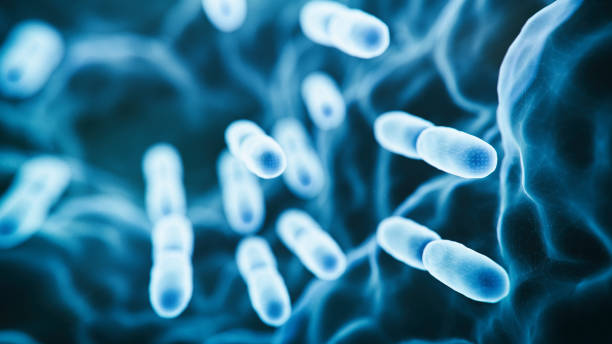
Mode of action
Bacillus subtilis is one of the major producers of cyclic lipopeptides (CLPs). The new IAB/BS03 strain has a unique, well-balanced combination of these CLPs, specifically from the iturin, surfactin and fengycin families, conferring high fungicidal properties to control a wide range of pathogens. The CLPs produced by the IAB/BS03 strain act directly on the pathogens’ cytoplasmic membrane, generating pores and an osmotic imbalance causing macromolecules that the pathogen needs for its survival to escape, leading to its death, which gives the product its eradicating effect.
In addition, surfactins and fengycins act as plant defence inducers, as they are capable of activating internal plant protection mechanisms, including the synthesis of phytoalexins that protect the crop from future pathogen attacks. In addition, the biological effect of B. subtilis IAB/BS03 is enhanced by its excellent colonisation ability, which means that it competes with other fungi for space and nutrients, preventing them from spreading on the plant surface.
Conclusions
Portento® is a biofungicide with high field-proven efficacy for the control of powdery mildew on cucurbits, downy mildew on lettuce, and downy mildew on pome fruit trees. The combination of the CLP metabolites it produces and its greater tolerance to abiotic stress make the IAB/BS03 strain a multipurpose tool for growers, with application at low doses, compatible with most low concentration coppers and sulphurs, leaving no chemical residues on crops and with no or a very short safety period (1 day).
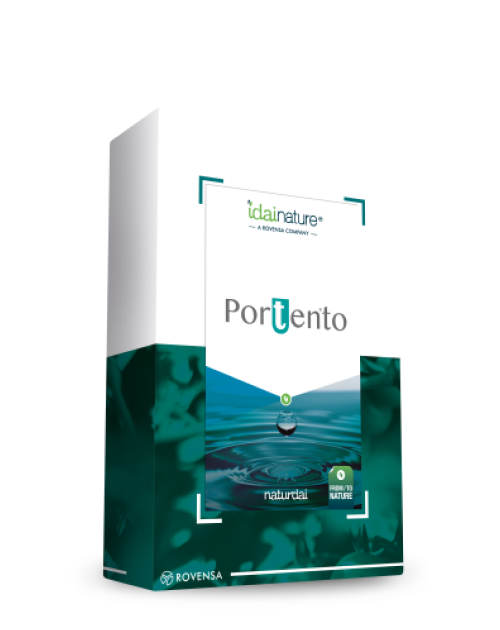
References
- Strange and Scott, 2005.
- Cawoy et al., 2011.
- Jacobsen et al., 2004
- Hinarejos et al., 2014.

